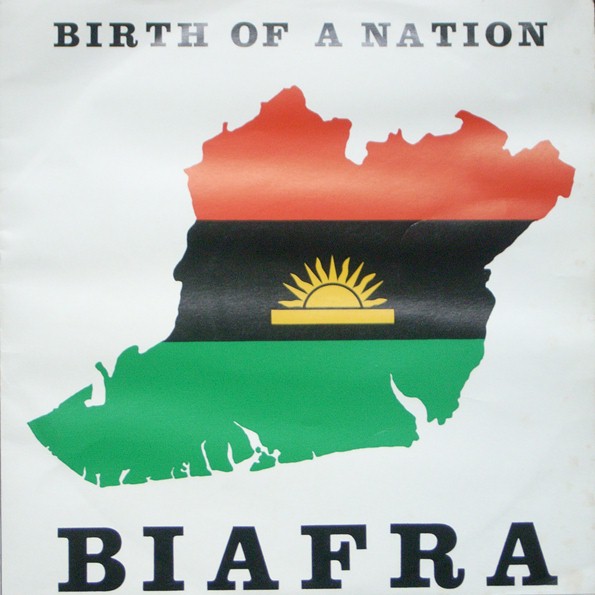Jul. 14 (GIN) – Survivors of the Nigerian civil war that raged for 3 years and whose horror was captured in unforgettable photographic images that shocked the world have renewed their demand for compensation for the suffering of those years.
Ndigbos, a socio-cultural Igbo group, were cut down in a brutal war that followed years of political wrangling among three regional-political sectors joined in an uneasy alliance by British colonialists. The newly-independent Nigeria consisted of Yoruba, Igbo and Muslim Hausas. After a deadly coup and counter-coup, the Igbos declared their intention to breakaway and form a sovereign republic called Biafra.
Their intention triggered a war against the new republic which had minimal defenses. A military blockade of the Biafrans in 1968 led to a humanitarian disaster including widespread civilian hunger and starvation in the besieged Igbo areas. The Biafrans claimed that Nigeria used hunger and genocide to win the war, and they sought aid from the outside world.
Only five countries (Tanzania, Gabon, Côte d’Ivoire, Zambia and Haiti) officially recognized the endangered Biafra republic. The UK and the Soviet Union supported (especially militarily) the Nigerian government while Canada and France helped the Biafrans. The United States declared neutrality, with the Secretary of State explaining that “Nigeria is an area under British influence.” Nevertheless the U.S. provided some military assistance to the Nigeria government.
Images of the Biafran war came to life in the recent best-seller by the Nigerian writer Chimamanda Ngozi Adichie – Half of a Yellow Sun – now a movie.
It is estimated that up to three million people died due to the conflict, most from hunger and disease.
This week, the Reparation Committee of the Ohanaeze Ndigbo, in a 28-page document titled: “Atrocities and Injustices Against Ndigbo,” set out a list of demands and submitted them to President Goodluck Jonathan.
It reads in part: “The Federal Government should pay 400 billion naira each to the five states of the South East as compensation to those who lost loved ones, lost properties, and those still suffering dislocation today in Nigeria.
Compensation would be made to those Igbos who escaped during the pogroms and war and returned to find their jobs taken, their properties and houses occupied and their Biafran money worthless. This has led to a feeling of an injustice as the Nigerian government policies are seen as further economically disabling the Igbos even long after the war.
The group is also asking the Federal Government to invest in a massive re-planning of Igbo cities with proper structures such as provision of urban water works, a sort of Marshall Plan often devised for war-ravaged area. w/pix of war memoir by Chinua Achebe







